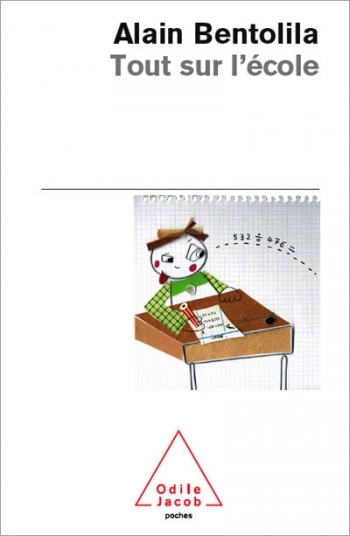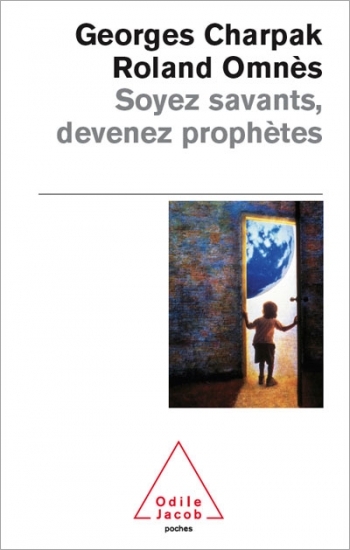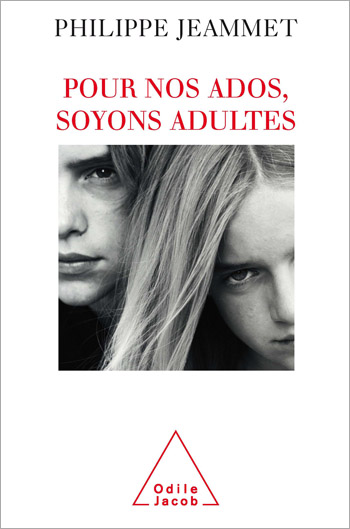Results for the keyword education
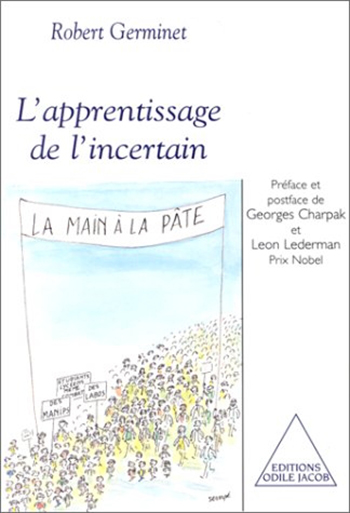
Robert Germinet
An Apprenticeship in the Uncertain
"When I got my degree from the Ecole des Mines, I didn't know how to do anything with my hands. But there was nothing surprising about that: I was an unalloyed product of French teaching methods. I realised that it would be useful to teach students not to be afraid to get their hands dirty: to educate future engineers by first of all inculcating in them an experimental approach to science. The idea was to send them out into the field, dressed in workers' overalls; to make them share in the concerns of the technicians, as well as in management's problems: in short, to make them ingenious engineers." Georges Charak Robert Germinet, who holds a doctorate in physics, is the director of the Ecoles des Mines, Nantes, and regional director for industry, research and the environment for the Pays de la Loire.
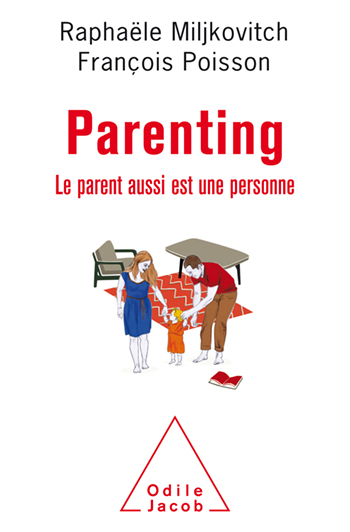
Raphaële Miljkovitch, François Poisson
Another Path To Parenting For Mindful and Thoughtful Education
An original concept of parenting
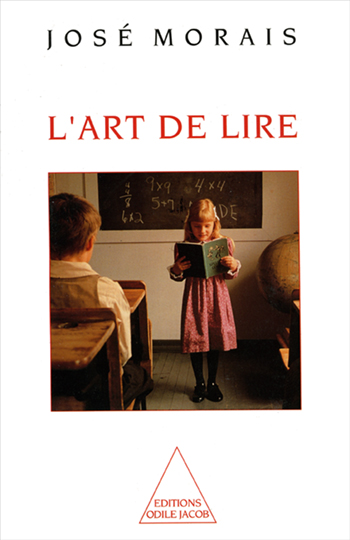
José Moraïs
The Art of Reading
José Moraïs analyzes the different methods with which we learn to read and presents the various therapeutic possibilities offered to those who do not master the art of reading .
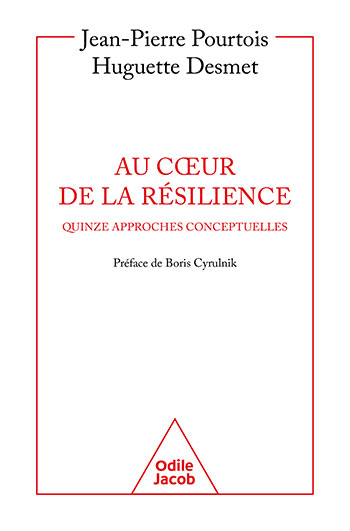
Jean-Pierre Pourtois, Huguette Desmet
At the Heart of Resilience
A reference text for mental health and education professionals, and theoretical and practical resources to help people as they recover.
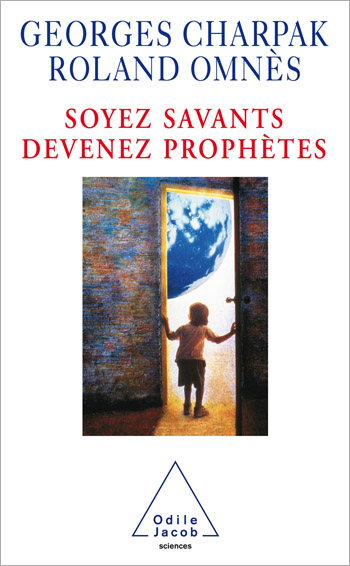
Georges Charpak, Roland Omnès
Becoming a Magician is Becoming Prophet
In a simple, accessible style the authors address questions that we all ask ourselves about science: Why hasn't science made human beings wiser? Hasn't it even had the opposite effect, rendering humans' criminal tendencies even more devastating? To answer these questions, the authors develop the idea that the advent and triumph of modern science have induced a profound change in humanity because science has given human beings the capacity to understand and master phenomena occurring on the microscopic level - a scale that is alien to them. Some of the fundamental elements of contemporary physics are presented here in game form. The authors argue that physics has left free human beings face to face with an equally free interplay of natural forces and that, without causality and finality, the world has become deprived of meaning. It is therefore hardly surprising that many have taken refuge in religion. But the authors propose an alternative to religion, arguing that we can fulfil our modernity by helping our children develop their love of experimentation so that they can discover the meaning of things for themselves - instead of embracing ideologies that can only be imposed through terror. Georges Charpak is a physicist and Nobel Prize Laureate in Physics. Roland Omnès is a physicist and Emeritus Professor at the University of Paris XI-Orsay.

